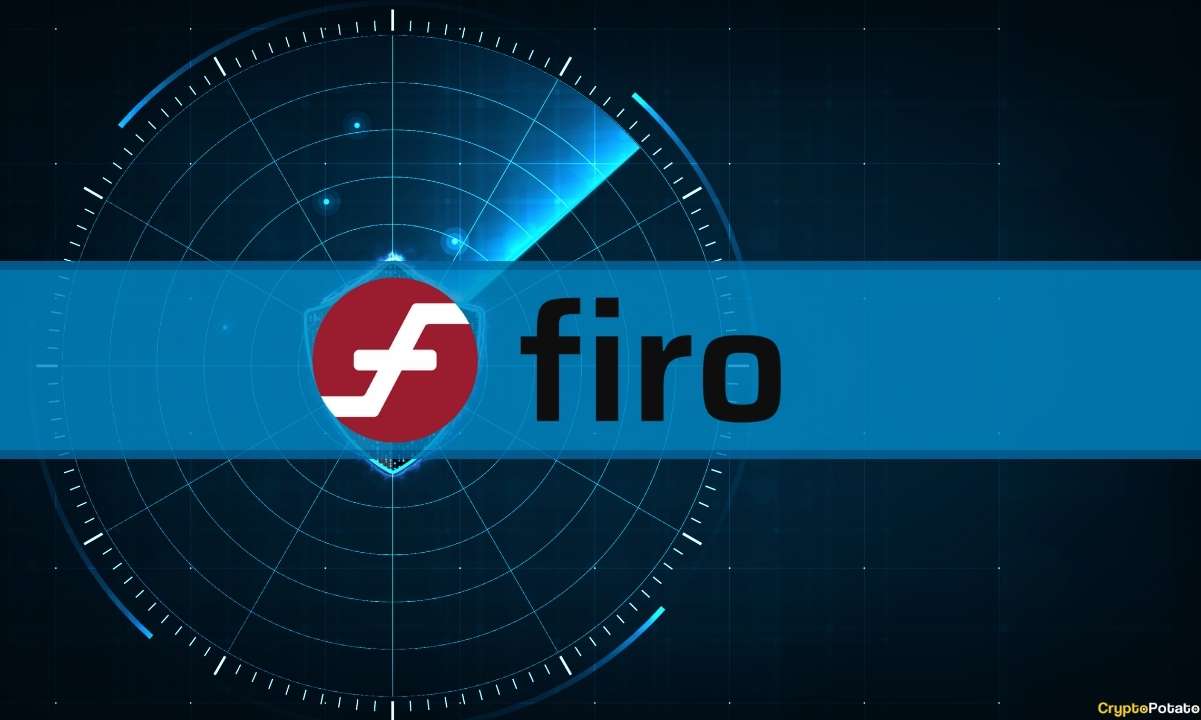The Bitcoin network is designed to foster some level of anonymity, allowing users to perform transactions globally without revealing their true identity. Despite this, the blockchain network is not private, as transactions are publicly open to everyone. Anyone can also identify the total Bitcoin holdings of any wallet address.
Like the Bitcoin protocol, most blockchains today are public. This means that transactions and other on-chain data that should otherwise be private easily become public knowledge.
Blockchain project Firo introduces a solution to fix this problem. Through its new privacy protocol dubbed Lelantus Spark, the company aims to solve the issue of private on-chain transactions.
Introducing Lelantus Spark
Lelantus Spark (also called Spark) is a privacy protocol developed by Firo developers. Firo (formerly known as Zcoin) is a blockchain project that uses cryptography to build a private ecosystem for its users.
The Lelantus Spark project has been in the works since August 2021. It came as part of further development of the project’s Lelantus v1/v2 protocol. Combining existing key features in the former protocol and adding new features to the new protocol, Lelantus Spark is positioned at the forefront of privacy protocols deployed on the blockchain. These privacy-preserving features include:
- Spark addresses
- Multisignature operations
- View keys
- Modular design
Spark Addresses
The Spark address is a stealth address that masks a user’s public key by using cryptography to generate a one-time wallet address. Anyone can send crypto assets like Firo from transparent addresses to Spark addresses. With the Spark addresses, users can conceal their total holdings in the wallet and details about the transactions they make, such as the amount, time of the transaction, and history of the flow of the transferred asset.
Most public blockchains have an explorer that allows anyone to view the transferred amount and time of the transaction. In Lelantus v1, users need to manually anonymize any funds received.
However, Lelantus Spark uses Spark addresses to bolster anonymity with ease. This feature ensures that third parties cannot identify the sender or receiver of a cryptocurrency without using additional external information.
Multisignature Operations
Multisignature operations enable several trustless entities to cooperatively generate, receive, and sign transactions tied to a multisig address.
Lelantus Spark supports multi-signature operations through a modified Chaum-Pedersen discrete logarithm zero-knowledge proof. Decentralized exchanges and custodians are beneficiaries of the multi-signature operation. It can also be used in cases where more than one party is needed to approve a transaction.
View Keys
A view key is a valuable feature that allows wallet owners and creators of stealth addresses to willingly grant third parties access to see incoming and/or outgoing transactions to/from their wallet addresses without the ability to spend those funds
The feature is useful for accounting, auditing, and benefactor purposes. Offloaded scan services can also be used on online and mobile wallets.
Modular Design
Lelantus Spark’s dynamic design allows it to use several layers of privacy, relying on well-established cryptographic time-tested building blocks. These include Pedersen commitments, range proofs, zero-knowledge proofs, and discrete logarithm equality proofs that enable straightforward security analysis without needing trusted setup processes.
Lelantus Spark Goes Live on Testnet
In mid-July 2023, Firo announced its plan to launch the Lelantus Spark testnet after undergoing a series of cryptographic and implementation audits.
The testnet will allow public users to test the protocol in a safe and controlled ecosystem before it gets deployed on the mainnet. During this period, the developer team will gather data and feedback that will be used to make necessary adjustments to the protocol to make it as secure, private, and user-friendly as possible.
The Lelantus Spark testnet was launched on July 31st. Participants in the testnet will be offered incentives for engaging in the project’s bug bounty program and mainnet Firo token rewards incentives. There will also be other fun quizzes that will bring the Spark community members together.
Final Thoughts
Firo’s Lelantus Spark highlights the company’s commitment to bringing its privacy-loving users to more secure and private mediums of funds transfer. The project achieves this by building new tools and modifying existing ones to maintain a private blockchain experience.
As the protocol progresses from testnet to mainnet, Spark grounds itself as a haven from public blockchain networks that litter the crypto industry.
The post Lelantus Spark: Redefining Blockchain Privacy appeared first on CryptoPotato.
from CryptoPotato https://ift.tt/620pmXO
via Free Image Converter

0 Comments
Post a Comment